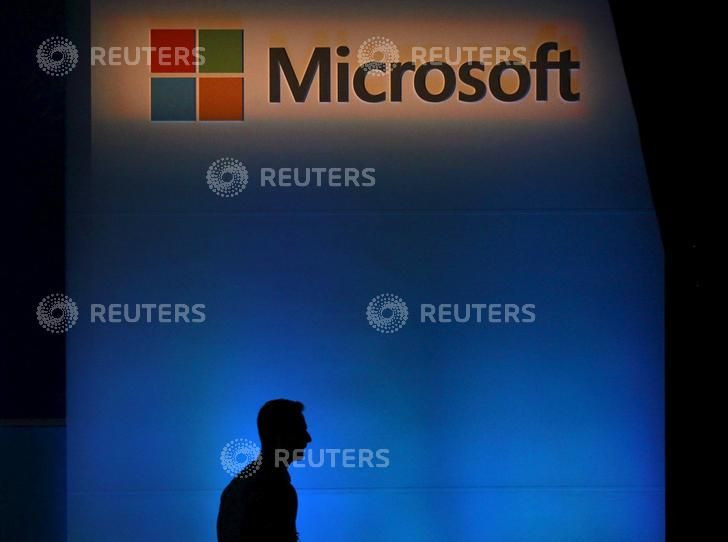Microsoft gains against Google Search, China air quality forecasting race begins

Microsoft's (NASDAQ:MSFT) Bing market share gained against Alphabet's (NASDAQ:GOOG) Google Search engine, according to a new report from comScore. Furthermore, Microsoft is tapping into China's air quality problem by looking into forecasting.
Global media measurement and analytics company, comScore, recently published its comScore qSearch™ analysis. The monthly research looks into the US desktop search marketplace including market shares of online search engines. According to the report, while Google Search maintained a lion's share of the market at 63.9 percent, Microsoft gained a 0.1 percentage point. Its market share is now at 20.9 percent. Yahoo Sites and Ask Network accounted for 12.5 percent and 1.7 percent. AOL accounted for 1 percent.
According to comScore, November posted 17.3 billion explicit core searches. Google held the top spot with 11.1 billion. Microsoft came in second at 3.6 billion searches. Yahoo Sites and Ask Network followed again with 2.2 billion and 291 million. AOL came with 179 million.
According to the Motley Fool, the month-to-month gain may not seem to account much but since 2011, Microsoft is losing out on Bing. Some critics already called out the company to sell it. The last quarter, however, made a big difference. Bing became profitable for the first time, generating the company US$1 billion (AU$1.37). It is starting to make a dent in an area where Google used to be impenetrable.
On top of turning things around, Microsoft is also looking to make a difference in forecasting. The company wants to tap into the increasing concern over China's air quality. IBM is also looking to make the same investment.
“There is increasing attention to the air quality forecast service,” explained Yu Zheng, a researcher at Microsoft via The Guardian. “More and more people care about this information technology.”
American geochemist and former Beijing resident Dustin Grzesik founded a rudimentary forecast. He developed Banshirne.com which is a free smartphone and website app. It can predict clean air days based on wind patterns and weather data.
“If you can predict the weather, it only takes a few more variables to predict air quality,” explained Robert Rohde of Berkeley Earth, a US-based nonprofit organisation that maps China’s real-time air pollution.
“Most of the time pollutant emissions don’t vary very rapidly.” He added. Thanks to progressing "cognitive computing," machines can now do more advanced programming and sophisticated forecasting. This can allow governments and other institutions to see and plan ahead when to close roads, airports and other venues.





















